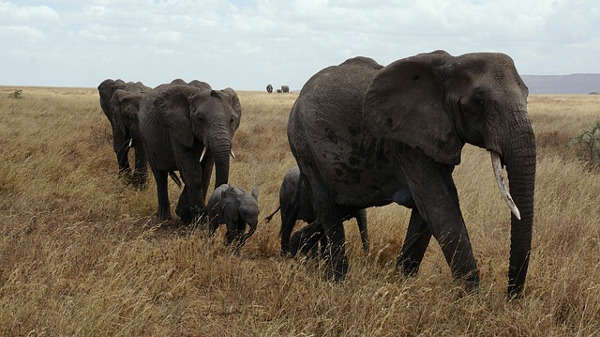In his 1984 book Scaling, Duke University physiologist Knut Schmidt-Nielsen points out a pleasing coincidence:
A 30-gram mouse that breathes at a rate of 150 times per minute will breathe about 200 million times during its 3-year life; a 5-ton elephant that breathes at the rate of 6 times per minute will take approximately the same number of breaths during its 40-year lifespan. The heart of the mouse, ticking away at 600 beats per minute, will give the mouse some 800 million heartbeats in its lifetime. The elephant, with its heart beating 30 times per minute, is awarded the same number of heartbeats during its life.
Regardless of the fact that Schmidt-Nielsen made some calculation errors in determining the total number of heartbeats of mice and elephants, it seems to be true that most mammals have roughly the same number of heartbeats per lifetime: about one billion. Small mammals have high metabolic rates and short lives, whereas large ones have low rates and long lives.

Humans are lucky: we live several times as long as our body size suggests we should.
Input
The first line of input contains the name of an animal species. This is followed by two more lines of input that each contain a positive integer. The first integer is the average number of heartbeats per minute of the species, and the second integer is the average life expectancy of the species expressed in years.
Output
The output must contain the sentence creatures have d.dd billion heartbeats, where the fragments in italic have to filled up with the given and calculated values. The placeholder creatures must be filled up with the given name of the animal species. The placeholder d.dd must be filled up with the computed number of life time heartbeats of the animal species, expressed in billions of heartbeats. This value must be expressed as a floating point number with two decimal digits, where rounding is used to determine the decimal digits. The life time heartbeat computation should not need to take into account leap years, and must consider each year to have 365 days.
Example
Input:
humans
60
70Output:
humans have 2.21 billion heartbeatsEpilogue
